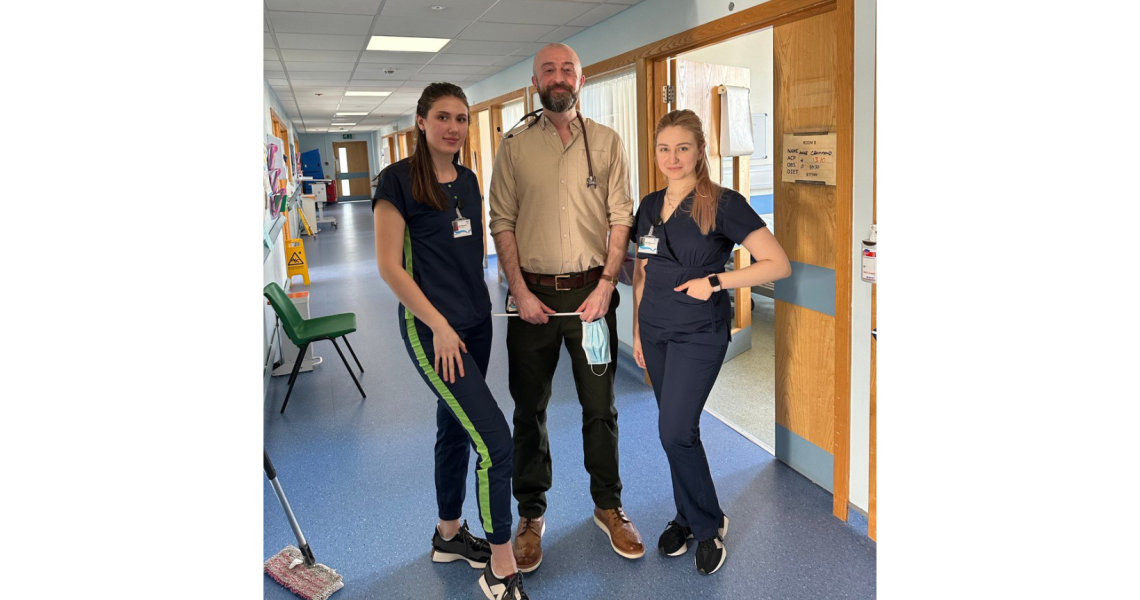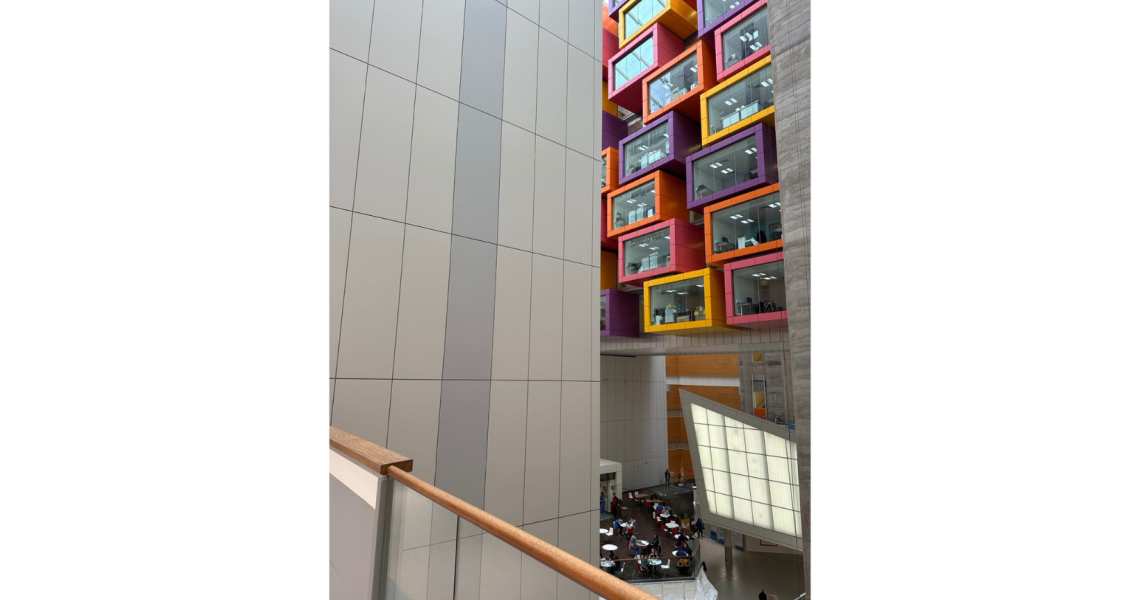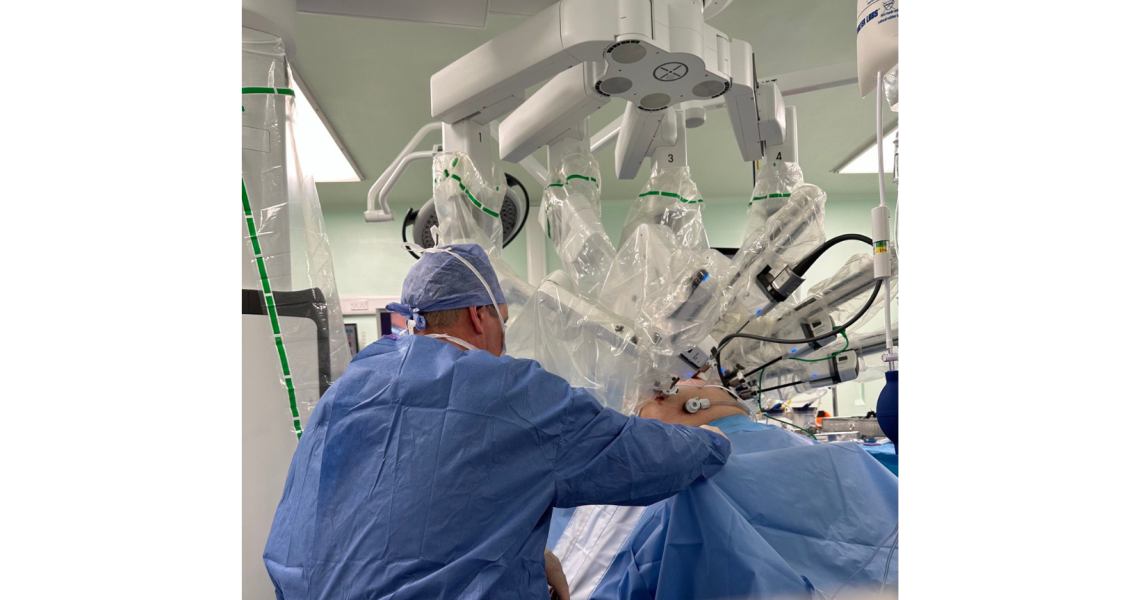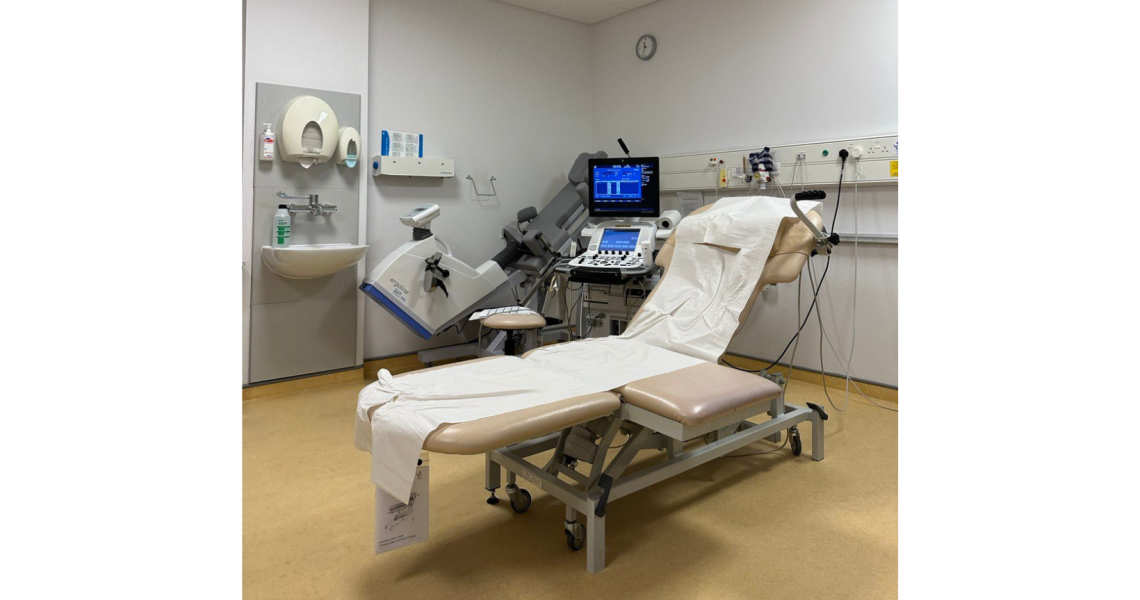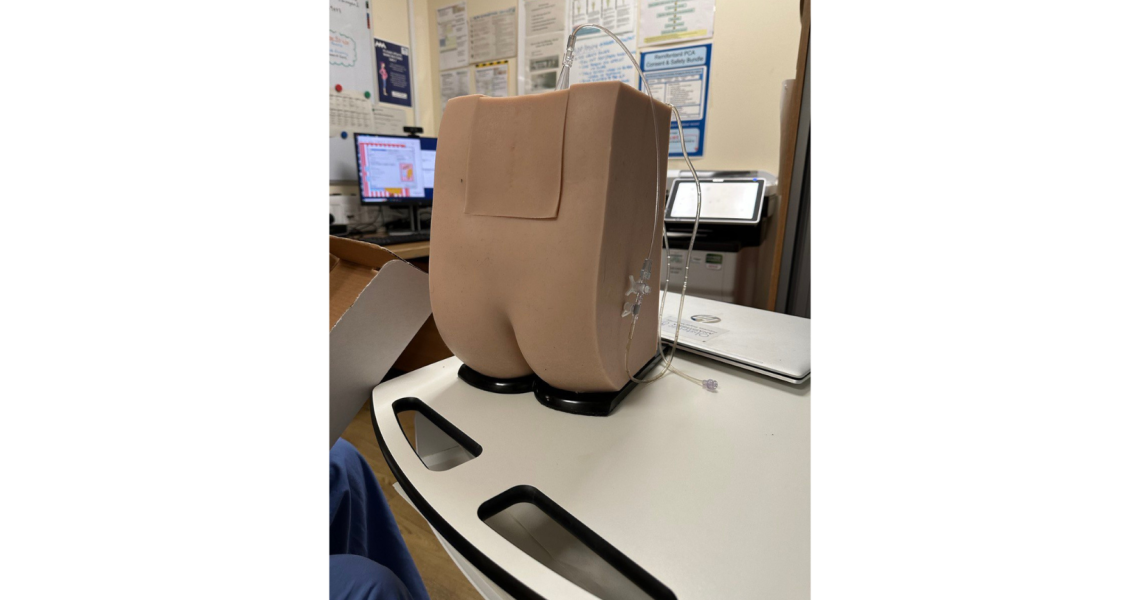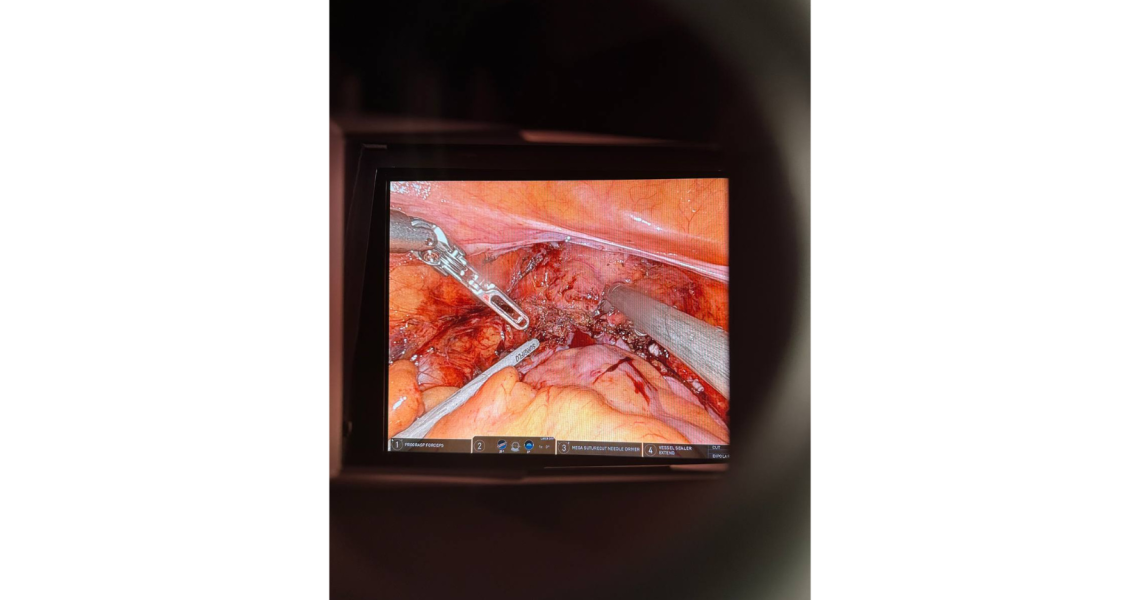Lada Hrytchenko, a 5th-year student of the Medical Faculty No. 1, shared her experience of studying under the clinical cycles program within the framework of the partnership between the University of Glasgow and the Poltava State Medical University.
"It was an incredible multidisciplinary and international experience. I had the opportunity to communicate with doctors from almost every corner of the world. The health care system in Great Britain differs in different administrative and political parts. For example, in Scotland, there is free treatment and provision of all medicines for all residents, which is covered by citizens' taxes and donations to hospitals.
Our training was divided into several cycles: pediatrics, neurology, internal medicine, transplantology/surgery/anesthesiology, cardiology, gynecology and neonatology.
The main part of our training consisted of morning daily rounds and reception of patients in a polyclinic style. We could also visit simulation centers, where mannequins are programmed to reproduce a specific condition and it is possible to talk to an imaginary patient in real communication mode for a full simulation of a real situation.
The surgeries I attended were either robotic or performed by a human. And there was almost always an opportunity to assist. Some of the surgeries I have attended are kidney transplantation, radical/total hysterectomy, surgical correction of strabismus in a child, caesarean section, etc. During the cardiology cycle, I watched an echocardiogram, where the doctor explained how the machine works, what we see and what we are looking for. And during the cycle of gynecology I watched ultrasound of pelvic organs and transvaginal ultrasound.
With some frequency, I handed in medical histories. To do this, I independently chose the patient, interviewed and examined them, read the examination results, wrote short notes for myself and verbally told the curator, who could then ask additional questions.
Since genetic research in this country is the same routine analysis as a general blood test in our country, many genetic diseases are diagnosed here that are rarely encountered in routine practice (for example, Huntington's disease, Noon's syndrome, sensobrenar syndrome). On this trip, I learned how to read EKGs, CT scans of the brain, and detect stroke, multiple sclerosis, brain hemorrhage, and detect fresh blood clots on imaging. Expanded knowledge in understanding chest X-ray.
I had the opportunity to meet the Head of the Medical School in Glasgow - Professor Matthew Walters, who appreciated the level of knowledge gained at PSMU. He conducted several sessions where he introduced me to the patient and I interviewed and examined the patient and then we discussed what I did right and what needed to be worked on. He also asked for a preliminary diagnosis.
I am proud that I was able to make a diagnosis of Guillain-Barre and make a differential diagnosis, which impressed the professor.
In addition to knowledge, this trip gave an opportunity to see all the beauty of the United Kingdom.
It's impossible to fit into a short story all the knowledge I gained and everything I was able to see, but it was definitely an incredible experience."






